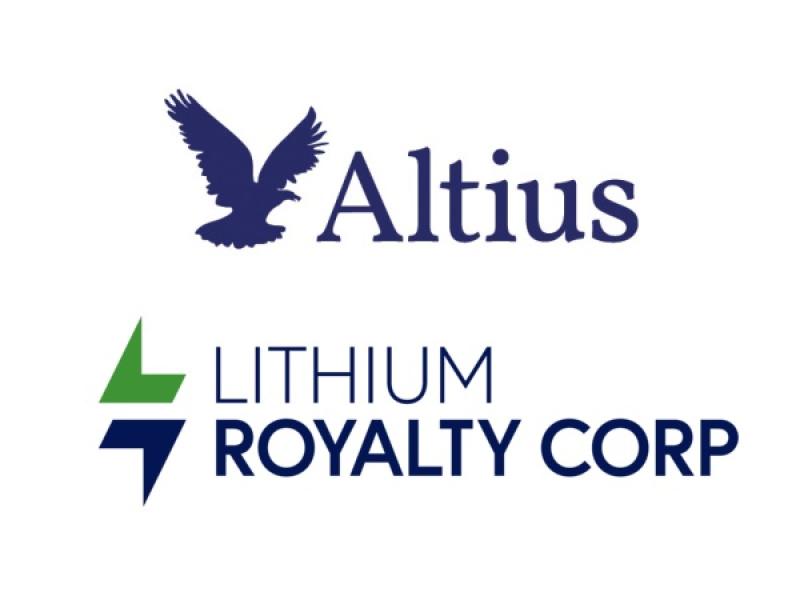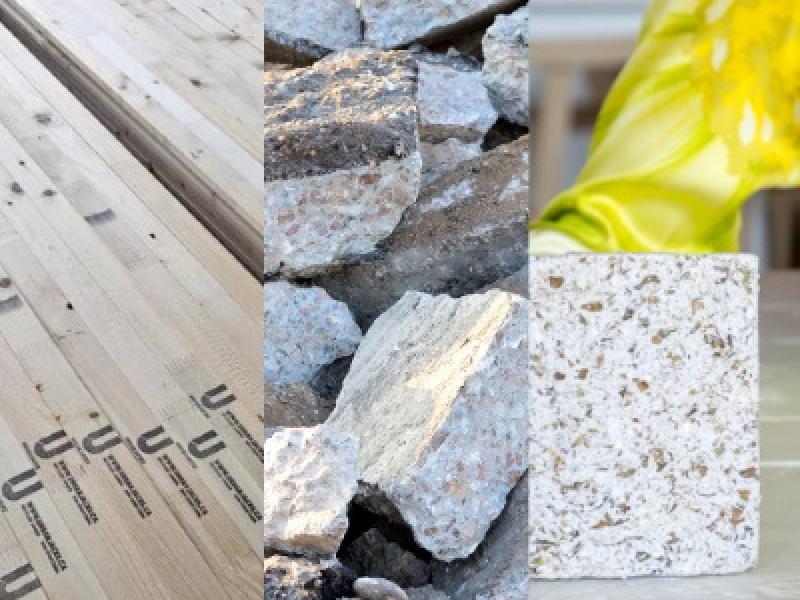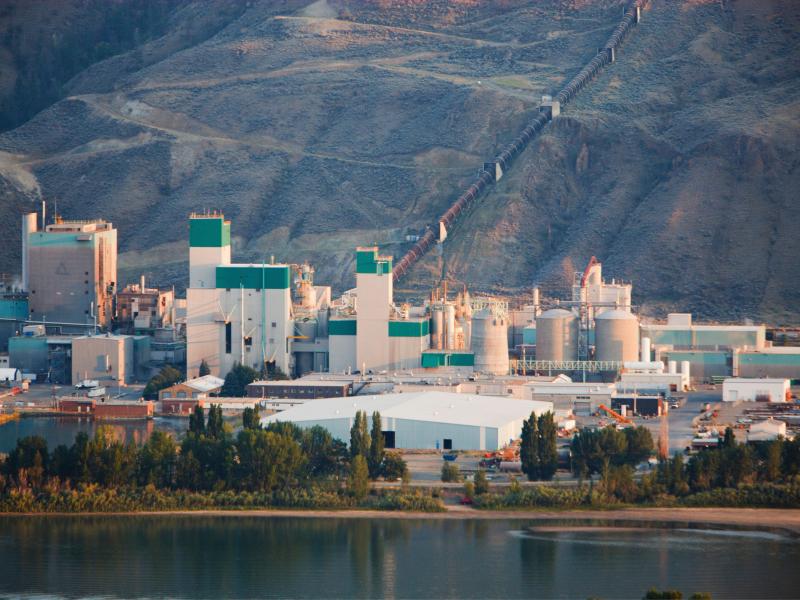
After establishing a sustainability baseline in 2023, Primaris REIT (PMZ-UN-T) announced it is progressing on its carbon reduction goal and maintained its 100 per cent green building certification coverage in its 2024 sustainability report.
The real investment and management firm, which focuses on enclosed shopping malls, made a 4.9 per cent cut to greenhouse gas emissions on a like-for-like basis in 2023, putting it on track to its 2035 target of slashing the pollution 25 per cent against a 2022 baseline.
Other milestones highlighted by Claire Mahaney, vice-president of investor relations and environment, social and governance (ESG), include improving its GRESB and MSCI ESG scores, raising data coverage from utilities and formally integrating green lease language.
“We are a very, very lean team so I think each year we are taking big strides in what we are able to achieve,” she said in an interview with Sustainable Biz Canada.
In its fourth year as a publicly traded standalone company, Mahaney acknowledged Toronto-based Primaris can be seen as being behind its peers on ESG. But its team has “worked really hard to move the needle to get us to where we are now,” she said.
The real estate investment trust’s portfolio was valued at $4.1 billion as of 2024. The report covers environmental data as of Dec. 31, 2023 across over 15 million square feet of properties.
Primaris’ path to sustainable operations
Building automation system upgrades, upgrades to heating, ventilation, and air conditioning (HVAC) equipment in its shopping malls, and electrification drove the carbon reduction.
“To us, that’s a testament of the excellent property management that we have,” Mahaney said.
Improvements in energy efficiency also contributed. Heat pumps, upgraded boilers, LED lighting retrofits and motion sensors, plus the carbon-reducing upgrades, resulted in a 3.7 per cent reduction in energy consumption per square foot from 2023 to 2024.
Tenants are encouraged to boost energy efficiency, conserve water and reduce waste through Primaris’ leases that now incorporate more sustainability provisions.
Also crucial to the leases is a two-way data sharing agreement, Mahaney said. Primaris can request its tenants provide utility data so the company can collect more energy and carbon data, and vice versa. Having the data allows Primaris to create ESG targets and direct its sustainability investments.
Tenants can be “drawn to landlords that have similar thought process and sustainability strategy to their landlord,” she explained. “We’re really taking a stance and letting our retailers know that this is something that is important to us and we hope that it is important to you.”
All of Primaris’ enclosed shopping centres were certified by LEED or BOMA BEST as of 2024, totalling 14.2 million square feet. The certifications are a “great tool” to attract retailers, Mahaney said.
A property highlighted by Primaris is Les Galeries de la Capitale in Quebec City, a BOMA BEST Platinum-certified shopping mall. The company’s second property in the calibre (after Park Place Mall in Lethbridge, Alta.), it offers energy efficiency features such as automated systems for lighting and HVAC, 10 electric vehicle chargers, and a net-zero Simons store that has geothermal heating and solar power generation.
Primaris will aim to maintain its certification coverage and elevate the standards where it makes sense and is possible, Mahaney added.
Primaris' decarbonization and ESG plan
Primaris’ ESG team is in the early stages of a decarbonization study that will lay out a roadmap for the changes needed for carbon reductions, and the investments that will be needed to achieve the plan.
“We will build in our emission reduction targets into that study," Mahaney said. "The output is ideally going to be a path against a timeline and costs and return, in order to achieve these targets."
Expected to be finished later this year, she expects it will explore the benefits of building automation system upgrades, LED retrofits, building certifications, electrification, greater energy and water efficiency, and educating tenants on the importance of sustainability.
The company is closely watching for developments in sustainability and climate disclosures and how they will impact its operations, Mahaney said. Primaris will develop an approach to the Canadian Sustainability Disclosure Standards that were launched in December.
An area of improvement for Primaris will be its ESG data collection.
Though it captured 92 per cent of its greenhouse gas emissions data in 2023 and 94 per cent of its energy data, Mahaney said it still means there are gaps in its coverage. The company will try to capture the additional information, which is typically challenging because those properties are in areas where utility data is limited, she added.
As anti-ESG sentiment sweeps the corporate world, Primaris does not plan to reverse its sustainability and diversity targets, according to Mahaney. “We built our ESG strategy around our business strategy,” she said, explaining how it will stay on track.
Primaris has identified the critical ESG material factors that affect the company, such as climate risk, and tied those factors into its strategy and business metrics.
“We understand how this piece of the business affects our overall strategy and how we can help improve our business,” Mahaney said.










